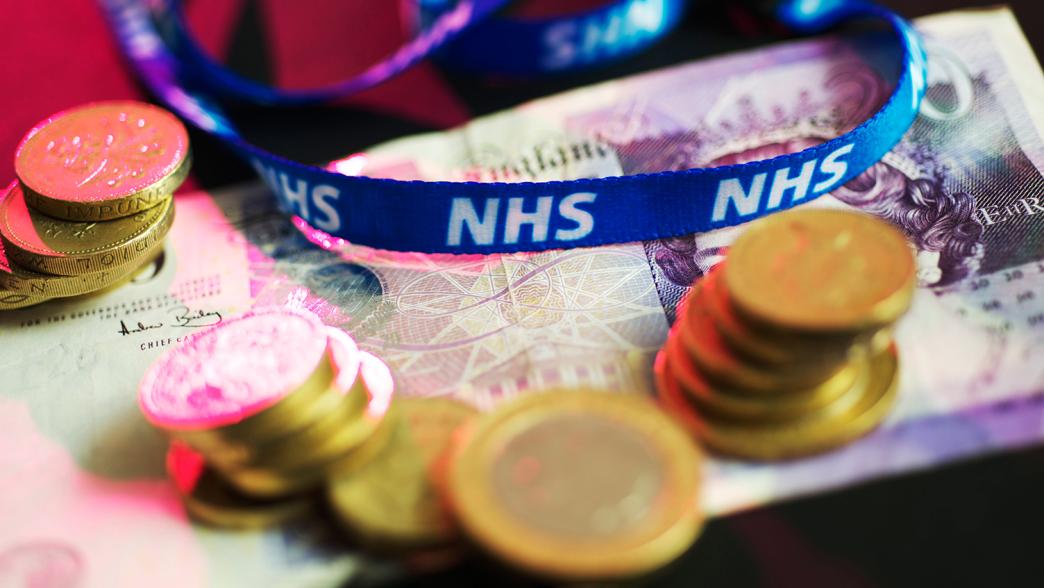Funding health care in England: Has the case been made for changing the NHS model?
The NHS’s recent travails have led once again to claims that the model is “broken” and that the answer is to change how health care is funded.

The NHS’s recent travails have led once again to claims that the model is “broken” and that the answer is to change how health care is funded.

The Expert Factor team examine one of the thorniest questions in politics of how to pay for our health care.
Our flagship report assesses the comparative problems faced by critical public services such as the NHS, schools and the police.
Investing in prevention could save money and improve productivity – so is it time for government to rethink public service spending?
Mike Clancy, Baroness Finn and Kate Nowicki joined us to explore the impact of recent industrial disputes on public service performance.